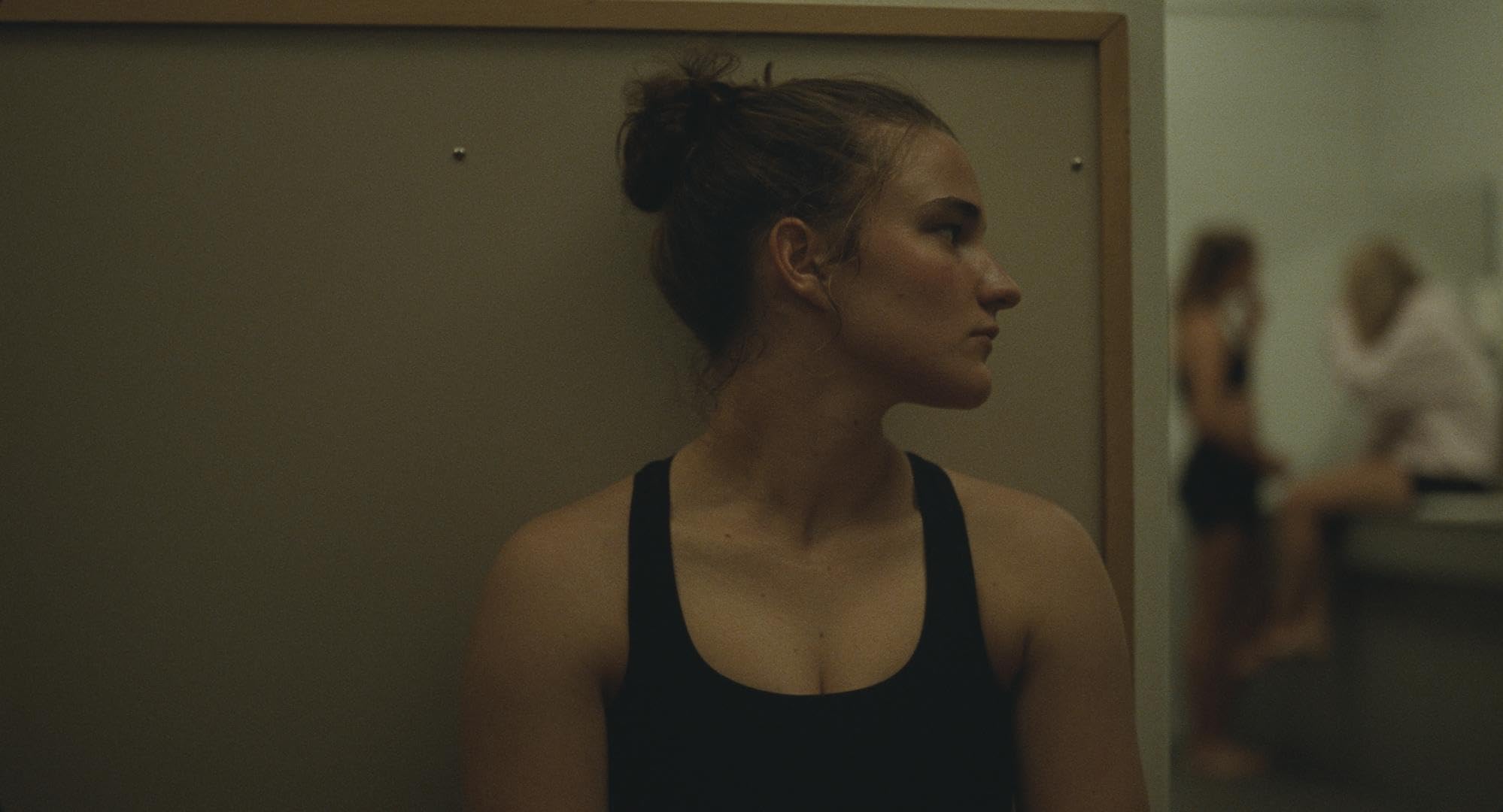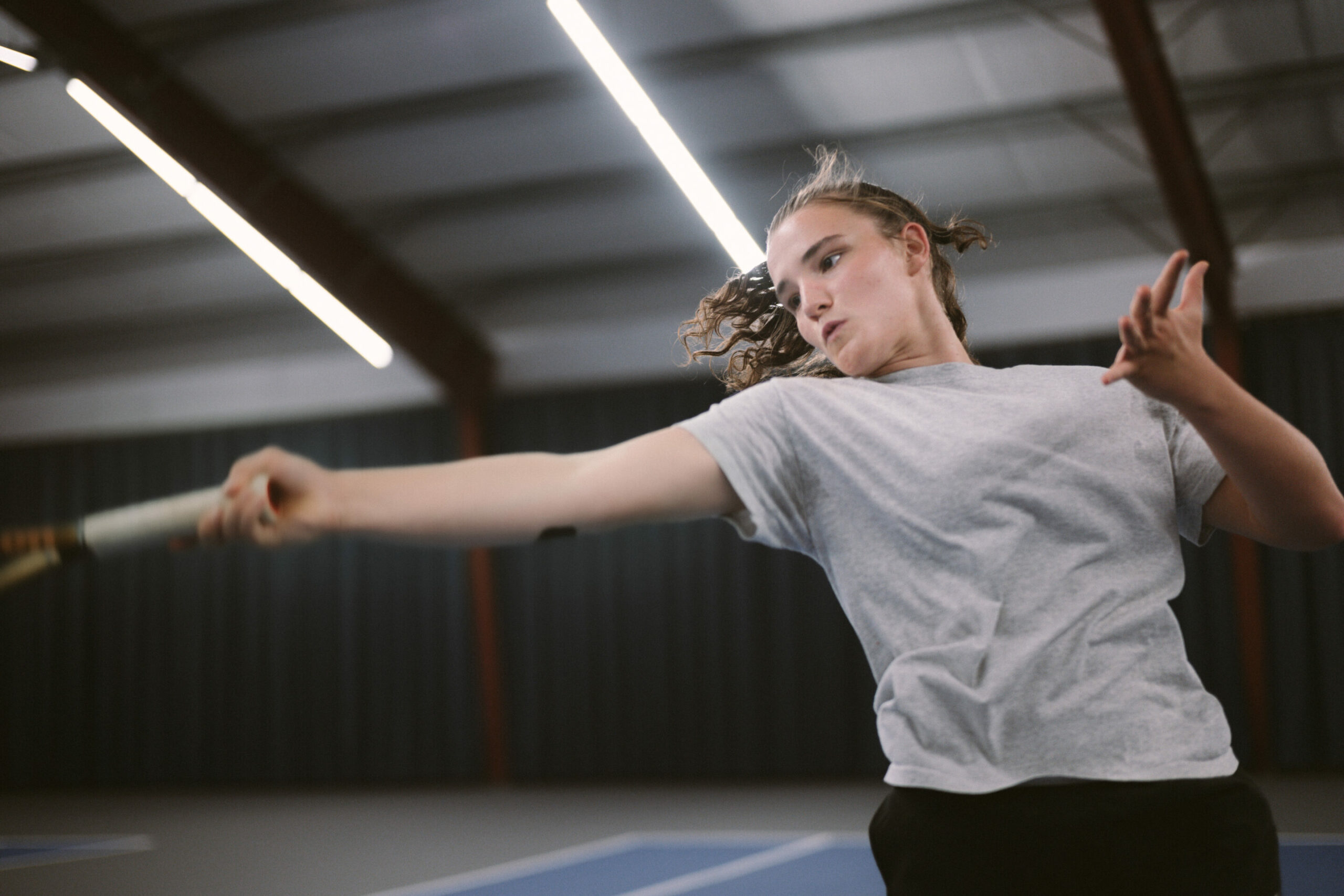“The better you feel, the better you play.” The character who speaks these words in the new Belgian film Julie Keeps Quiet is talking about tennis, but he might as well be describing Leonardo van Dijl’s filmmaking mission.
The director’s three award-winning short films leading up to this feature debut all look at the challenges young people face to become great in sport – from power dynamics to the pressure of competition to psychological and sexual abuse.
With Julie Keeps Quiet, the story is all in the title: when teenage tennis phenom Julie finds out that her club has suspended her coach and opened an investigation into his behaviour, her response is to work hard and stay silent.
“When I started pitching the script, there was not a ‘wow’ response,” van Dijl tells me over coffee at the lively Chicago café near Place Sainte-Catherine in central Brussels. “People were kind of concerned, saying I didn’t have a story because she’s keeping quiet. But that is the story. This was five years ago, and the world has changed a lot since then. It was really my hope that the film would be released in a sort of zeitgeist where this would be appreciated.”
He certainly got his wish. The film touched a nerve when it premiered at Cannes last spring, winning the Prix SACD, awarded by France’s authors rights society, and the Prix Fondation Gan for distribution support. Hana Kuma, the media company co-owned by Japanese tennis champion Naomi Osaka, signed on as an executive producer, with Osaka saying: “Supporting this story is a chance to amplify voices and continue important conversations that drive meaningful change both on and off the court.”
Aside from the magnitude of the #MeToo movement, abusive behaviour is finally being called out in sport, from historic sex abuse in the US gymnastics programmes to that cringe-inducing kiss by a top Spanish official following the women’s football World Cup final last year.
Belgium has not escaped this global phenomenon, seeing the two coaches of Flanders’ elite gymnastics squad fired last year for abusive behaviour (the pair had been hired to replace a coach fired for the exact same reason).
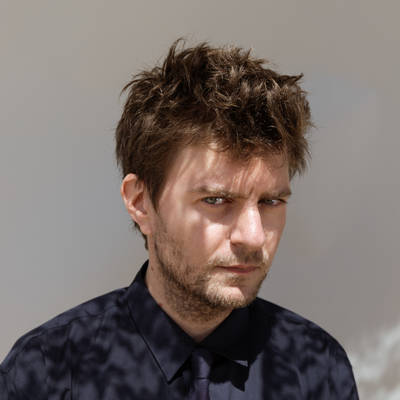
Director Leonardo van Dijl
This situation did not surprise van Dijl, 33, whose former roommate is an accomplished gymnast. Her experience was the inspiration for his short film, Stephanie, centred on a pre-adolescent gymnast under so much pressure that she hides an injury.
“My roommate had lots of stories to tell,” he says. “I was really interested in that whole relationship between an athlete and a coach. There is always an ambiguous change of power because they are each dependent on the other for success.”
Talking about girls
But he learned something else from making Stephanie: How people talk about girls in competition. “Stephanie has a drive, but people kept asking me why she wanted to be the best – that it had to be based on some trauma or jealousy of other girls or a controlling mother, and that I should write that into the script. That’s just weird. If I were to write a story about a male footballer, no one would ask why he wants to be the best.”
The feedback he got about Stephanie “taught me how people talk about female gender. For me, it was shocking. Because you start to experience sexism – through your character. What I discovered from this, I wanted to take up in the film Julie.”
In Julie Keeps Quiet, which screens at the Film Fest Gent before opening in cinemas on October 16, newcomer – and smash tennis player – Tessa Van den Broeck plays Julie, who learns together with her tennis club teammates at the start of the film that their coach, Jeremy, has been suspended for unacceptable behaviour.
All eyes turn toward Julie, who is the club’s star player, and Jeremy’s favourite. The club’s administrators, together with Julie’s parents, question Julie, giving her ample opportunity to talk. But Jeremy is still lurking around. And while Julie might not say much, Van den Broeck’s face and fierce slams on the court communicate her anxiety well enough – for her reputation, and ultimately her career.
Modern-day Antigone
Van Dijl compares Julie to Antigone of Greek mythology (and the Sophocles play) who defied King Creon’s order that her brother not be buried, forever becoming a symbol of civil disobedience. “Julie is ordered to do something, and she says no, and by saying no she demands the whole world to listen. I thought I’ll do Antigone in tennis, and, in a weird way, I'll learn more about how the world deals with girls,” he says.
If there’s one thing van Dijl has learned, it’s that girls are always asked to be responsible for their own safety. “My aim with Julie is that the questions are not about how Julie can protect herself, but about how we talk about these issues,” he says. “Right now, it’s all about how we can educate girls or gays or any kind of minorities about it. From the time we are born, it’s, ‘This is your body and be careful because bad things can happen to it.’ So, when it happens, it’s almost like a given, like they need to be responsible around it because it was prophesied from birth. I grew up knowing that this might happen.”
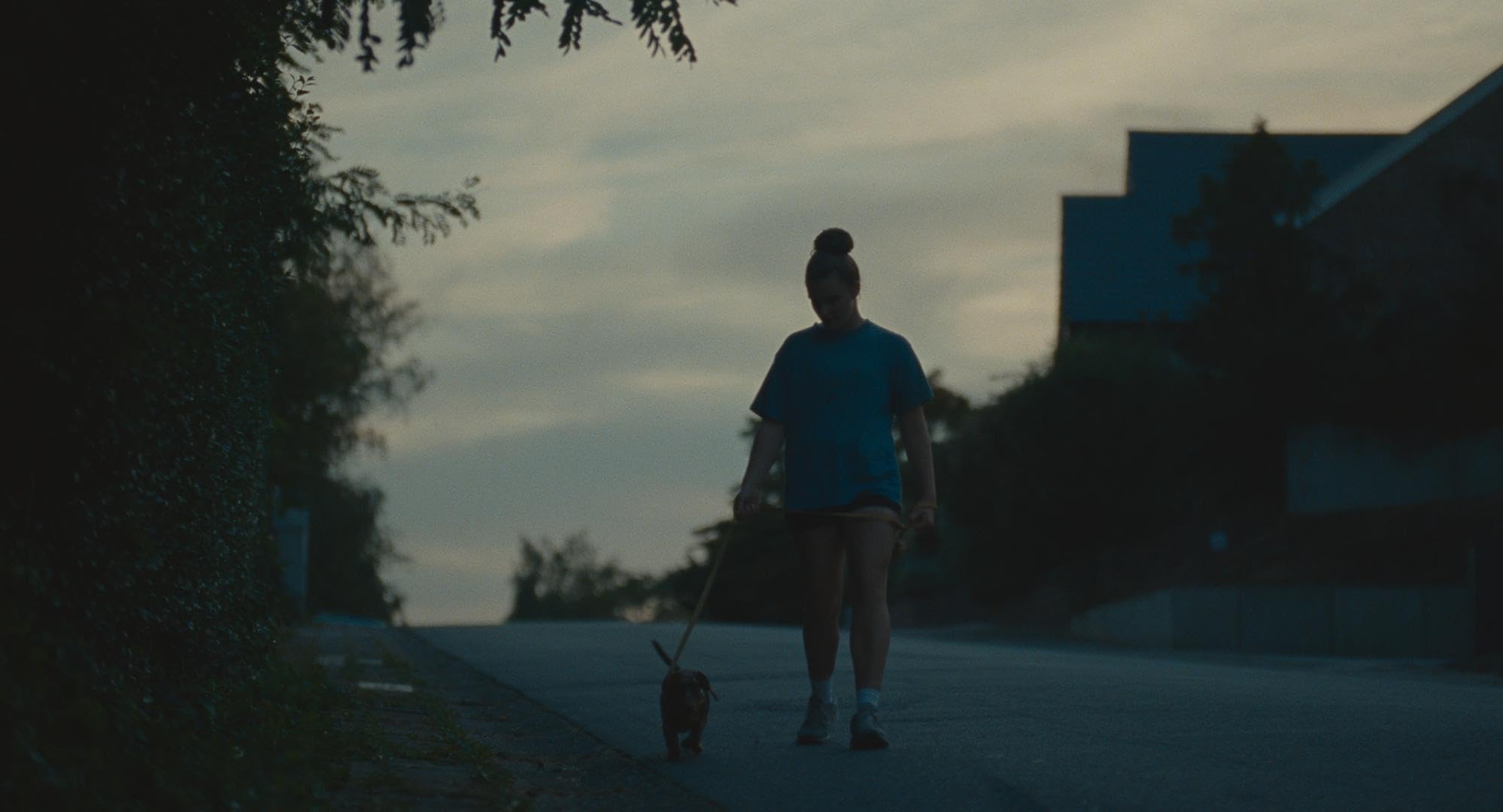
'Julie Keeps Quiet' by Leonardo van Dijl, starring Tessa Van den Broeck
That’s because van Dijl grew up gay – in West Flanders, he emphasises, referencing the region’s reputation for being more provincial than other parts of the country. With an Italian mother and a Dutch father, he did not exactly fit in with the typical West Flemish ideal. “To live in that mix of cultures, you learn a lot about what culture actually is. I’m the third generation of immigrants. I’m extremely proud of my heritage, but I’m also aware of the sacrifices my grandparents made, that my mum made, for me to be here.” The statement makes van Dijl visibly emotional. “I was the first generation who could actually benefit from access.”
But this came with a heavy sense of responsibility to follow a certain career path, and van Dijl chose to study documentary filmmaking. “It goes back to my upbringing. I thought I should make myself useful rather than become an artist.” He enrolled in an audio-visual bachelor’s programme at the RITCS school in Brussels.
“I wasn’t good at documentary. It wasn’t my language,” he admits. The school noticed – advising him to consider other career options. “It was a whole process to allow myself to become a fiction filmmaker,” but he finally turned to the Luca School of Arts, also in Brussels. He completed a transition year and then his master’s in fiction.
Whatever paid the bills
Along the way, van Dijl worked as a journalist for Vice, as a wardrobe designer, as a fashion photographer and made video clips – “whatever would pay the bills. I was hustling. I liked a lot about that; I toured with Dior, I took portraits of celebrities like Natalie Portman and Anya Taylor-Joy, I photographed models. And in the meantime, I was writing Julie.”
And making short films about sports. He’s always been interested in sports, he says, but was never an athlete. For his first short film, he headed into the belly of the beast for a gay 21-year-old: The gym. Nowhere else is there such a paradoxical mix of homoerotic masculinity and homophobic misogyny. The resulting film Get Ripped encapsulates it all.
“Sports is an interesting set-up because it’s a societal microcosm where everyone is playing an archetype,” he says. “There aren’t that many sports films that approach the subject artistically. There is a lot that hasn’t been done yet.”
A technique in Julie Keeps Quiet that will be hard for Belgian audiences to miss is systematically hiding the faces of the film’s well-known actors – all adults. Koen De Bouw, one of Belgium’s most famous actors with some 90 TV and movie roles to his name, plays Julie’s father – though you’d hardly know it as he is either shot in the shadows or with his head out of frame.
The same is true for actors Sofie Decleir and Ruth Becquart, but it is the most remarkable with De Bouw – considered a pretty boy, with directors happily casting him for his looks, not despite them. Van Dijl was determined that the film be about the young people, not about the star power. “Those actors understood that,” he says. “There was a sort of attitude of ‘we’re doing this for Julie’. It was kind of magical. For Koen De Bouw, it was also a nice experience, a different way of acting.”
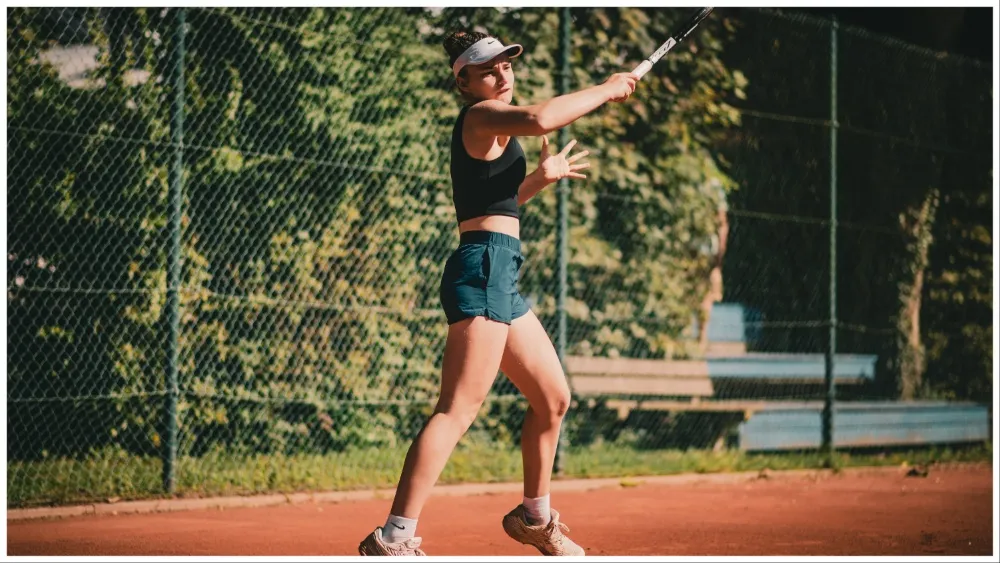
'Julie Keeps Quiet' by Leonardo van Dijl, starring Tessa Van den Broeck
Van Dijl uses very low-key lighting throughout the film; sometimes it’s so dark I had to squint my way through a scene. Despite there being a lot of tennis played in Julie Keeps Quiet, you only see the sun in the final minutes.
“Towards the end, the colours also get brighter,” notes van Dijl. “The movie starts in the transition between winter and summer. I like the idea that once Jeremy is out of her life, her isolation little by little starts to melt. It’s a bit cheesy, but the sun comes back into her life. Because in the beginning, the world isn’t bright for Julie.”
In the meantime, his original nervousness about the reception of Julie Keeps Quiet has dissipated, as Cannes audiences and critics alike lavished the film with praise. “I expected to have to defend Julie’s silence. I was ready to battle. But everybody was with her! That was nice because I could let go of that, knowing there will always be somebody in the room who is advocating for Julie. For me that was the whole conclusion from Cannes – that the world was ready for this.”
He hopes, he says, that the film can help change the narrative around abuse of young people in sport. “What can we do as a system to protect girls like Julie at a much earlier stage? And not like in the movie where they do it when it’s too late. The damage has been done, and then it’s a lot more complicated. There are elements where you think they could have done more, and Julie would not have had to be quiet.”
Van Dijl is wearing a forest green hoodie sporting the logo of Julie’s tennis club, Les Hirondelles. I mention that I didn’t realise it was a real club “It isn’t,” he answers. “We invented it.” He likes the idea that the young tennis players are like little swallows, who eventually fly away on their own. “I want the next generation to grow up in a safer world than I did.”

